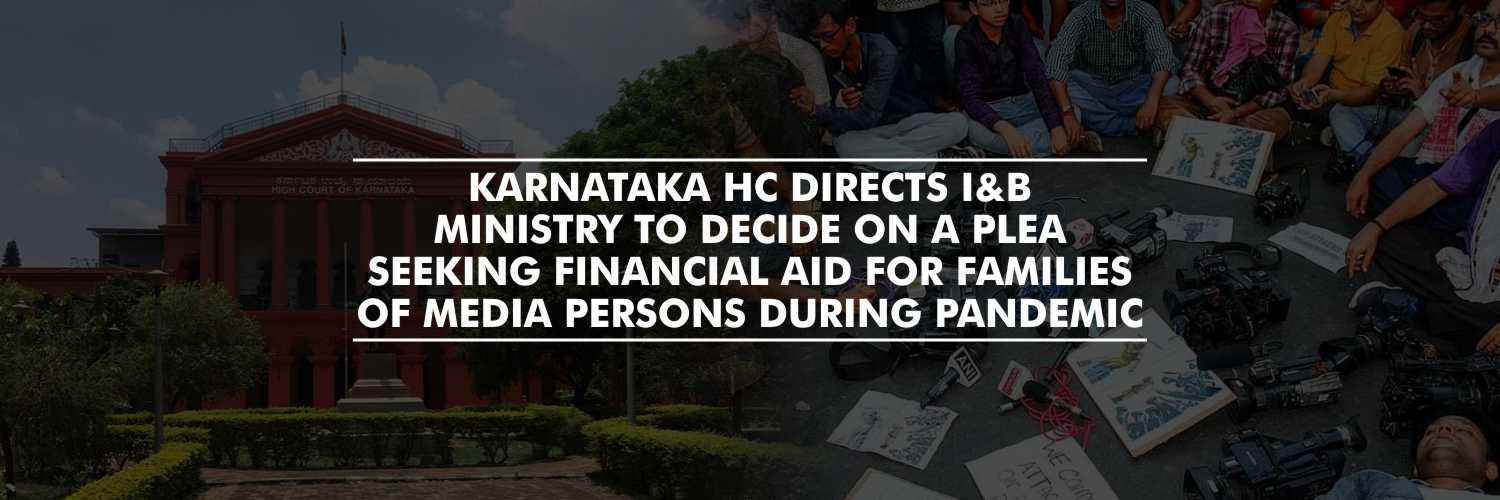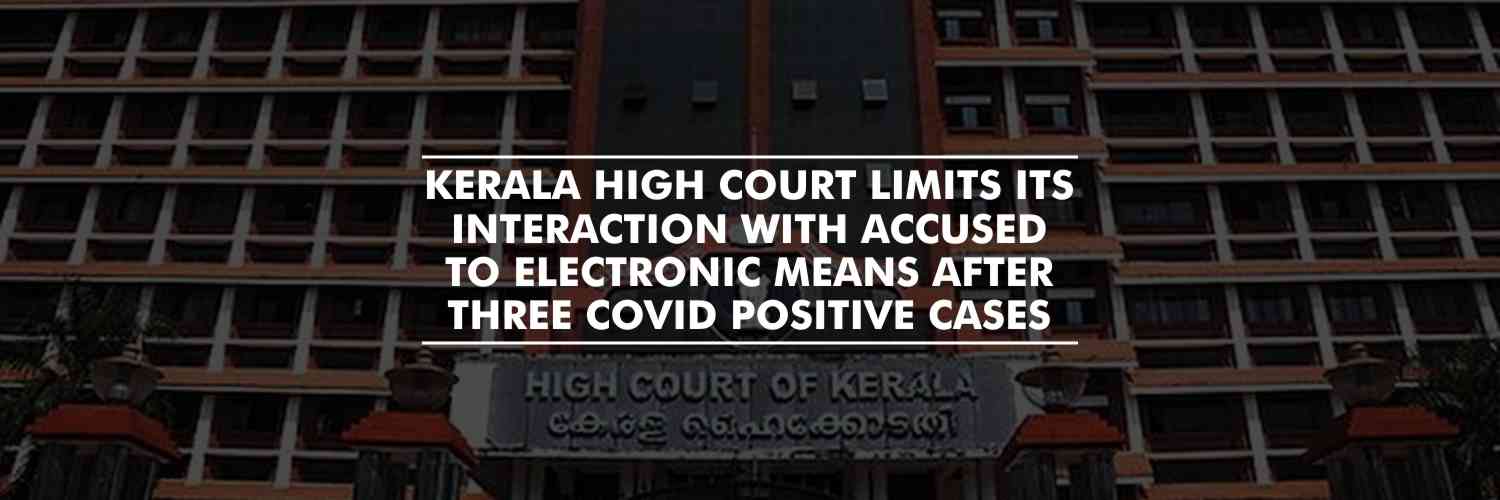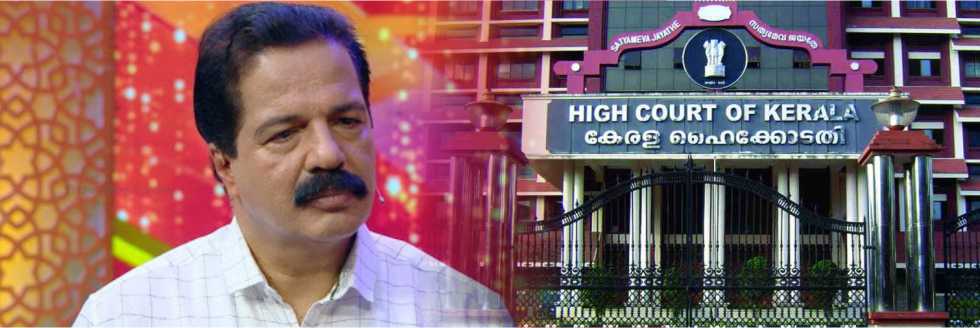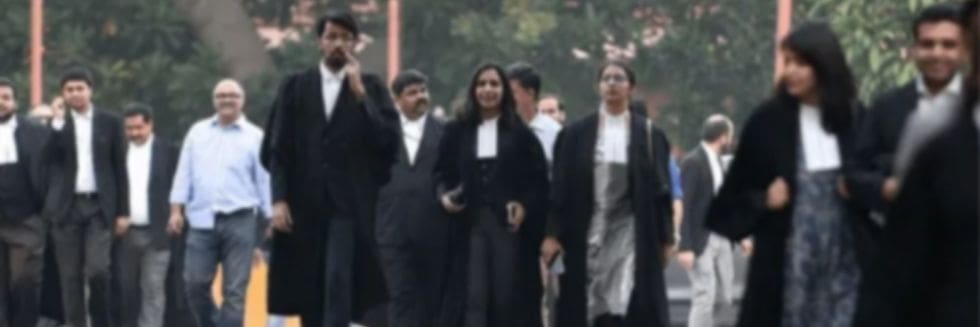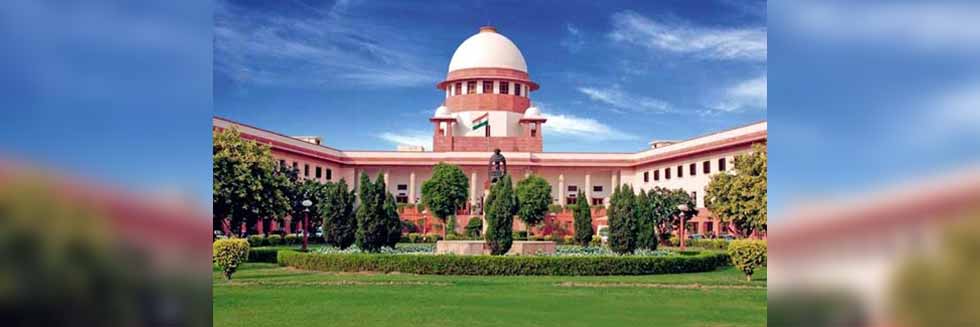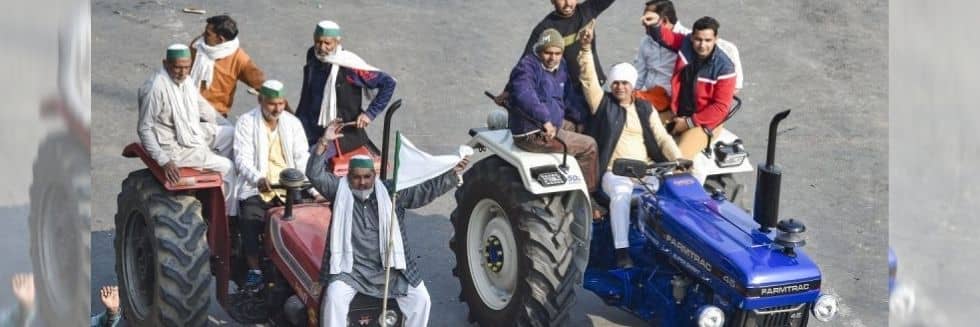The Karnataka High Court has recently directed the Union Ministry of Information & Broadcasting and the state’s Department of Information and Public Relations to consider and decide within two months, a representation seeking financial assistance for families of media persons including newspaper delivery boys, in case they get infected and die due to the novel coronavirus.
A division bench of Justices B V Nagarathna and Suraj Govindaraj was hearing a petition filed by one Jacob George who sought to issue directions to the Central and state governments to provide compensation of Rs 5,00,000 to the families of media and newspaper delivery persons, in the event of their death due to COVID-19.
The petitioner contended that many media houses did not properly maintain social distancing and the reporters who are on the ground, lack basic personal protective equipment when they go out to cover news relating to COVID-19. The petitioner further highlighted a recent instance in Mumbai, wherein about fifty-two media personnel were tested positive for COVID-19 and had to be quarantined.
Subsequently, the bench acknowledged that media personnel was putting themselves at risk to disseminate information.
“Journalists, whether working for the press or electronic media, either on the field or in studios/offices play a significant and important role. While discharging their duties, they face immense challenges in times such as the current pandemic as they expose themselves to the risk of being infected by the virus even as they perform their duties on the frontiers,” the court stated.
The bench also noted that “Article 19(1)(a) of the Constitution speaks about the freedom of speech and expression which includes the right to information and conversely, right to freedom of the press and electronic media to communicate. The right to information is the right to know, which is an important aspect of the right of freedom of speech and expression.”
However, opposing the plea, Additional Solicitor General argued that the petitioners had rushed to the High Court even before their representation could be considered by the governments while submitting that it was for the Union and state governments to decide how compensation schemes must be extended during the current pandemic. He added that the same is purely a matter of policy and Article 14 of the Constitution does not apply in the instant case and contended that the role of media persons cannot be equated with those of the police and medical personnel who have been offering essential services during the nationwide lockdown. The ASG also argued that if any journalist is infected by the virus and later succumbs to it, then his/her family could seek relief from the employer of the deceased and not from the state or the Union government, as no scheme for the same, had been announced.
After hearing the contentions made by the petitioner and ASG, the court observed that “The role of journalists and media personnel cannot be underestimated nor undermined during this pandemic and just like police, doctors, nurses, Government personnel and others who are carrying out essential duties, in the same way, the journalists and other media personnel are on the field to disseminate and convey correct information to the citizens of the country about the impact of the pandemic and also other information from the world over.”
Further, while citing the plight of media persons, the bench directed the governments to consider the petitioners’ representation and the same had been addressed to the Union Information & Broadcasting Ministry and the Department of Information, Karnataka seeking financial assistance to families of such journalists.
Nonetheless, the court added that the media also had an ancillary responsibility to only report correct facts and avoid exaggerated reporting to create fear in the minds of people.
“It is also necessary to observe that in times such as the present, where there is a crisis in public health, the media should be responsible to report the true and correct facts and not exaggerate or sensationalize the same to create fear or panic amongst the people who come across such information. Dissemination of information must be truthful and communicated without any exaggeration and not with the object of sensationalizing or creating a fear psychosis amongst the people,” observed the court while it proceeded to dispose of the matter.
